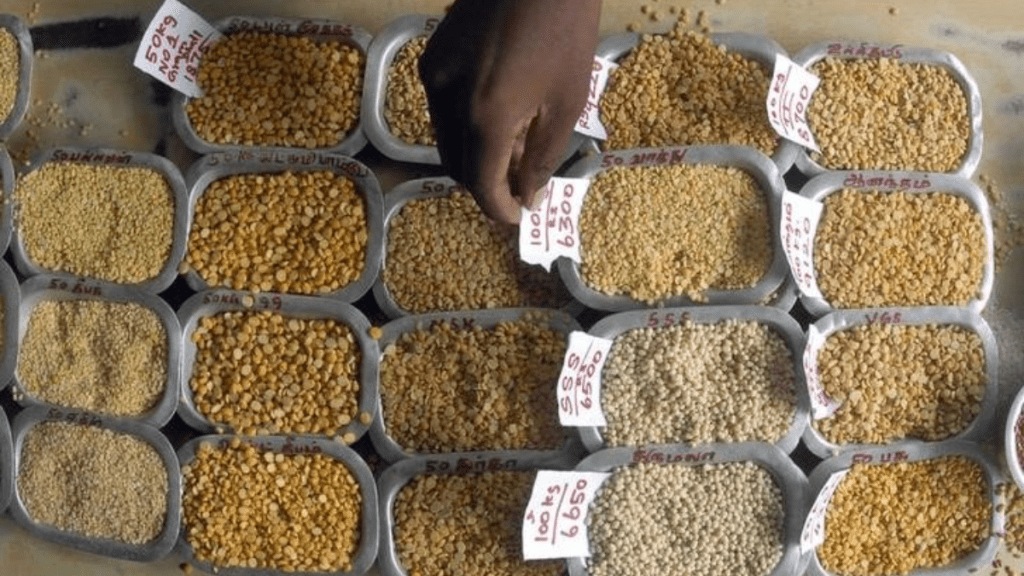Agriculture minister Shivraj Singh Chouhan on Tuesday called upon scientists to work towards increasing the yield of pulses and oilseeds to reduce import dependence.
“How can we end the import dependency of pulses? Why is our soyabean yield lower than other countries? You need to find these answers,” Chauhan said at the 96th anniversary of the Indian Council of Agricultural Research (ICAR).
He added that higher yields would reduce farming costs as well as the overall prices. “If farmers earn well and go to markets to buy goods, demand goes up and industries have to produce more, helping the economy,” the minister said.
Chauhan also unveiled 25 new varieties of various crops, including rice.
He said the agriculture ministry will focus on crop diversification, raising farm incomes and ending the country’s dependence on imports to meet the local demand for pulses and oilseeds. India imports 58% and 15% of its annual edible oil and pulses consumption, respectively.
The government is likely to announce a host of measures aimed at boosting domestic production of pulses and oilseeds, including 100% procurement of three varieties of pulses at the minimum support price (MSP), in the upcoming Budget.
The move is expected to reduce reliance on imports, aid crop diversification and increase farmers’ income.
Currently, the area under pulses and oilseeds is only a fraction of the country’s top crop area, and their cultivation is confined to just 55 districts. Though up to 40% of the marketable surplus of three pulses varieties – urad, arhar and masoor – can be purchased by the government under an extant price support scheme, actual purchases are abysmally low.
Stating that the area under pulses has increased by over 50%, particularly of the tur and urad varieties, in the current kharif season so far, the government’s priority is to achieve self-sufficiency in the next couple of years through area expansion as well as assured procurement from the farmers.
The Commission for Agricultural Costs and Prices (CACP), in its report on price policy for rabi crops for the marketing season 2024-25 has stated that the pulses production is concentrated in a few states and districts in the country and is prone to high fluctuations due to biotic and abiotic stresses.

